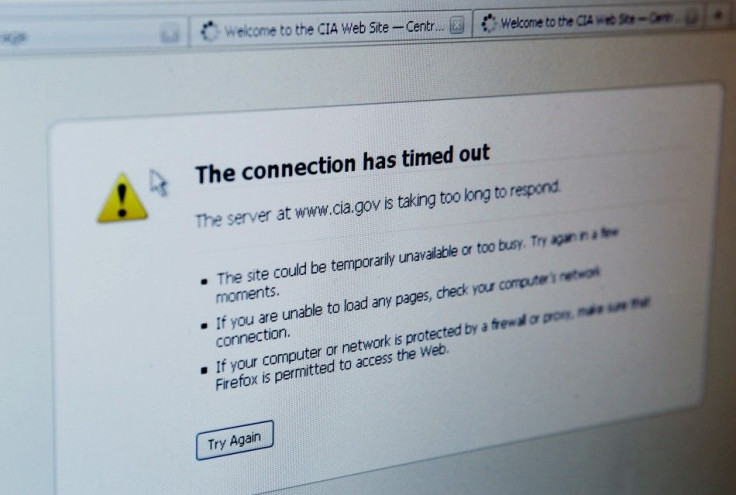Massive Cyber Attack Adds to Suspicions of Concerted Chinese Hacking

Hackers stole data from more than 70 international organizations and businesses in a sweeping five year cyber attack that could offer fresh evidence of a broad Chinese hacking offensive.
Hackers infiltrated organizations that ranged from international entities like the United Nations and the International Olympic Committee to U.S. defense firms to the Associated Press, according to an analysis conducted by the security firm McAfee. 49 of the 72 cyberattack targets were in the U.S. Dmitri Alperovitch, McAfee's vice president of threat research, said evidence pointed to "a nation-state" having carried out the attacks but declined to specify further.
"After painstaking analysis of the logs, even we were surprised by the enormous diversity of the victim organizations and were taken aback by the audacity of the perpetrators," Alperovitch wrote in the report.
Outside experts said that the attacks appear to have emanated from China. James A. Lewis, a cybersecurity expert, pointed to Taiwan's prominence among targeted countries and the hack of the International Olympic Committee shortly before the 2008 games in Beijing.
"This isn't the first we've seen," Lewis told the Washington Post. "This has been going on from China since at least 1998."
If the allegation proves true, the attack would be the latest skirmish in what is increasingly appearing to be a cyber war with China. A 2008 Pentagon report that warned of "state-sponsored computer network exploitation," did not explicitly accuse China of sponsoring cyber attacks but emphasized that a spate of attacks against government agencies reflected evolving military strategy there. Earlier this year, Google accused China of hacking into its networks and stealing source code, and diplomatic cables released by Wikileaks suggested that the attack was orchestrated by the government, calling it "100% political."
Beijing has consistently denied that it has any involvement in cyber warfare, calling accusations that it has "groundless."
The intent of the cyberattacks detailed by the McAfee investigation was unclear, but regardless of their aim hackers were able to make off with a valuable haul, said Alperovitch. They stole data from U.S. military systems, as well as information from satellite communications, electronics and natural gas companies.
"We're facing a massive transfer of wealth in the form of intellectual property that is unprecedented in history," Alperovitch said, also writing in the report that "If even a fraction of it is used to build better competing products or beat a competitor at a key negotiation (due to having stolen the other team's playbook), the loss represents a massive economic threat."
The warning is not an abstract one: cyber attacls have cumulatively cost between $6 billion and $20 billion annually as hackers steal trade secrets like the energy industry's information on oil fields, according to Scott Borg, chief economist at the U.S. Cyber Consequences Unit.
The report's release coincides with an intensifying push by the U.S. government to fortify its cyber security. The Pentagon announced in July that it had suffered its most significant cyber attack, a theft of some 24,000 classified files that was also believed to have originated in a nation-state.
© Copyright IBTimes 2024. All rights reserved.





















